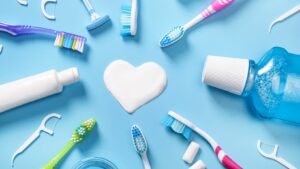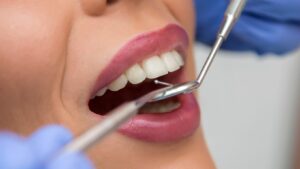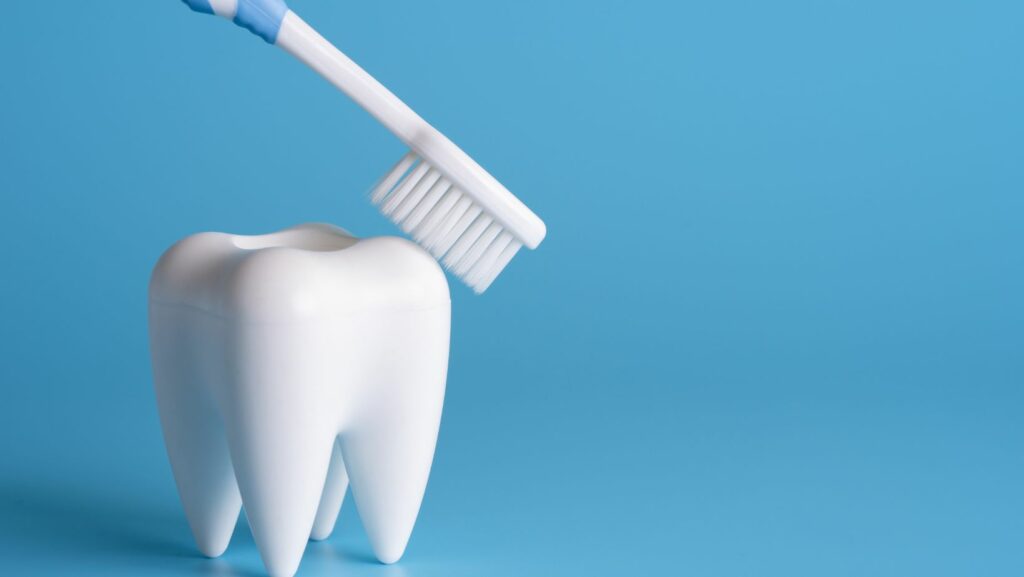When it comes to dental health, prevention is always better than cure. This article dives deep into the world of preventive care dental, exploring its importance and how it can keep your pearly whites in top shape. We’ll unravel the mystery behind those routine check-ups and why they’re key to maintaining a healthy smile.
Preventive Care Dental
Preventive dental care focuses on stopping oral problems before they arise, rather than just managing symptoms after they occur. Regular dental check-ups play a key role, allowing dentists to detect potential issues early. For patients needing tooth replacement, dental implants melbourne provide a long-lasting and effective solution, combining both function and aesthetics. Additionally, early detection of gum disease or decay through preventive care can help avoid more serious complications down the line.

Additionally, it integrates personalized instructions on oral hygiene habits. Teaching proper brushing and flossing techniques, for instance, sits at its core. Similarly, giving nutritional advice on optimal dietary choices that favor oral health, such as consuming dairy products rich in calcium, contributes towards holistic dental wellbeing.
Finally, it might encompass preventive treatments if required. Fluoride applications and sealants are treatments that enhance tooth resistance, minimizing the chance of cavities and decay. Despite individual habits playing a pivotal role in preventive care, professional intervention remains indispensable, communicating the necessary preventive measures effectively.
Tools and Techniques in Preventive Care Dental
Empowering preventive care dental begins with effective tools and techniques. Thorough brushing and flossing, for instance, rank high in daily oral upkeep. Dentists often recommend a toothbrush with soft bristles, coupled with fluoride toothpaste, as it directly combats tooth decay. Similarly, dental floss assists in removing plaque and food particles unreachable by a toothbrush, particularly between teeth and underneath the gum line.
Not to be sidelined, regular professional cleanings utilize specialized equipment for deep cleaning. Techniques like scaling and root planing rid teeth and gum pockets of tartar and bacteria that could lead to gum disease. Carrying similar preventive weight are dental sealants, acting as a protective shield on the chewing surfaces of back teeth, primarily molars and premolars.

Fluoride treatments, another important preventive tool, strengthen teeth and thwart decay. Fluoride applications, usually in gel, foam, or varnish format, provide concentrated fluoride protection, especially beneficial to those with a high risk of cavities.
Lastly, oral cancer screenings, part of routine check-ups, enable early detection. Dentists use a variety of techniques, including visual examination and special lights, ensuring any abnormal areas are promptly identified and addressed.
The Role of Diet in Dental Health
Diet plays a pivotal role in dental health, working hand in hand with preventive care techniques like routine checkups and thorough brushing. Consuming foods, specifically, those rich in phosphorus and calcium such as cheese, plain yogurt, and milk, fortifies tooth enamel, thus, reducing the probability of decay. Leafy greens, rich in vitamins A and C, contribute to healthier gums, while fibrous fruits and vegetables like apples and carrots stimulate saliva production, a natural defense against cavities and gum disease.

Limitation of sugar in the diet also remains crucial. Drinks and snacks high in sugars, acids, and carbs, transform into harmful acids by oral bacteria, thereby, damaging teeth enamel and leading to cavities. Drinking plenty of water promotes saliva flow while reducing acidity, combating tooth decay.
Common Dental Issues Prevented by Regular Care
Preventive care is the cornerstone of oral health. It’s a powerful tool that not only keeps your teeth and gums in top shape but also saves you from painful and costly dental procedures down the road. By focusing on nutrition, daily hygiene habits, and regular dental check-ups, you’re laying the groundwork for a lifetime of healthy smiles. Foods rich in phosphorus, calcium, and vitamins are your allies, and limiting sugar intake is crucial. Staying hydrated is key, and regular dental visits can catch issues before they become serious. So remember, your teeth are counting on you to make preventive care a priority. It’s not just about a beautiful smile; it’s about a healthier, happier you.
